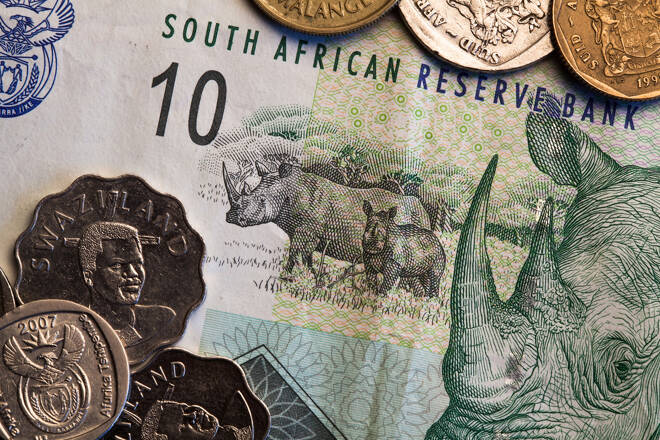Advertisement
Advertisement
Growing Crypto Scams in South Africa Forces Regulators to Act
Updated: Dec 13, 2021, 12:35 GMT+00:00
With the increasing numbers of crypto scams in the country, regulators in South Africa have been forced to regulate the nascent crypto industry.
As cryptocurrencies continue to gain wider adoption, the risks have also increased as many people fall prey to cryptocurrency scams; regulators are looking for ways to protect people against this risk.
Thus, the Financial Sector Conduct Authority (FSCA) in South Africa is planning a regulatory framework to protect more members of society from the hazards of crypto investments.
South Africa Eyes Crypto Regulation
According to Bloomberg, the new framework will mostly regulate crypto trading. However, the new rules were not formulated alone by the FSCA as they worked with other regulators such as the Financial Surveillance Board and the Prudential Authority.
Per available information, regulators are looking to. examine the impacts of digital assets on traditional financial products, the risks they pose to bank balance sheets, and if they’re a threat to fiscal stability and the country’s fiat currency (the rand).
FSCA commissioner Unathi Kamlana said during an interview, “What we want to be able to do is to intervene when we think that what is provided to potential customers are products that they don’t understand that are potentially highly risky. We must be very careful to not just legitimize them.”
The country’s need to regulate its crypto trading laws has become more urgent following two major crypto scams that led to the disappearance of billions of dollars in investment, both happening within the country. There’s now an apparent need to scrutinize the operations of those in the crypto sector.
South Africa’s Stablecoin Plans
While the FSCA believes that crypto represents a risk to the fiscal stability of the financial system yet, it considers them as assets rather than currency. The South African Reserve Bank is also planning to develop its own stablecoin, and the FSCA is monitoring the process, which it considers as the most responsible approach to innovation.
Kaulana further advised retail investors to wait for the central bank to complete its stablecoin plans. He believes that this will be the best outcome for stablecoins, given the stability and reliability of the bank.
South Africa isn’t the only country working on digital assets in Africa. A number of African countries have also made inroads in their quest for a national digital currency.
Nigeria, for example, recently launched its e-naira project to much acclaim. Other African countries like Morocco, Ghana, Kenya, and Egypt have also been exploring CBDC pilot projects amidst the growing cryptocurrency adoption on the continent.
About the Author
Oluwapelumi Adejumoauthor
Oluwapelumi is a firm believer in the transformative power power Bitcoin and Blockchain industry holds. He is interested in sharing knowledge and ideas about how the industry could play a pivotal role in the emerging financial system. When he is not writing, he is looking to meet new people and trying out new things.
Advertisement
